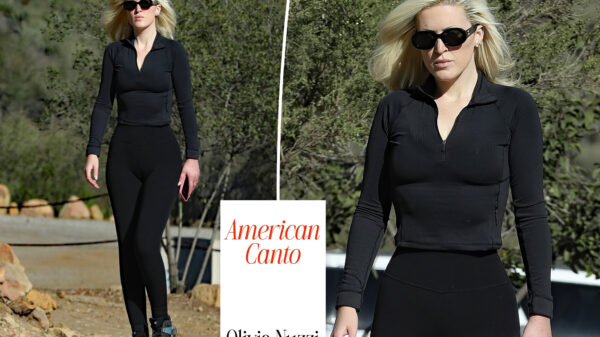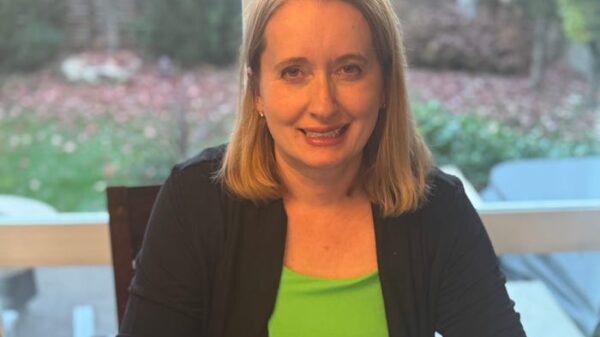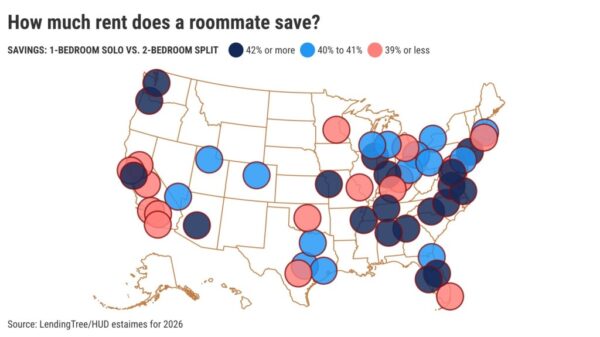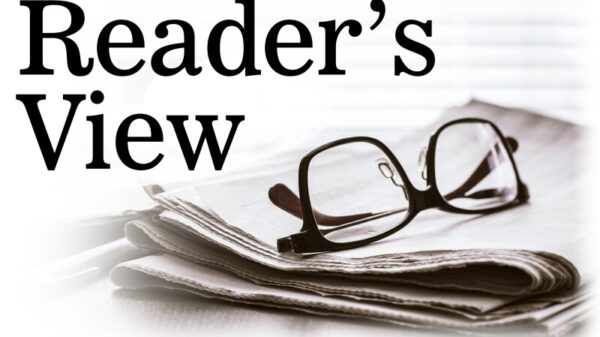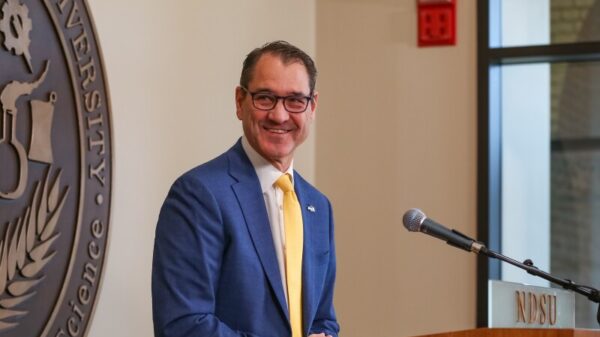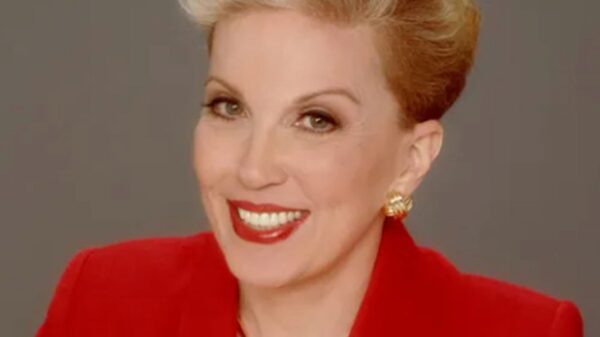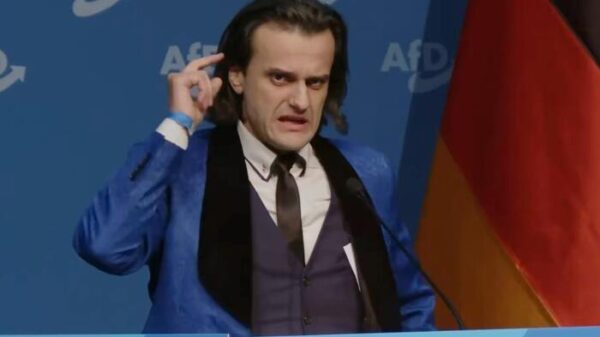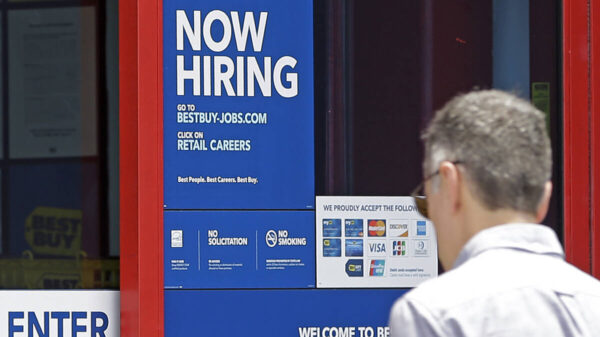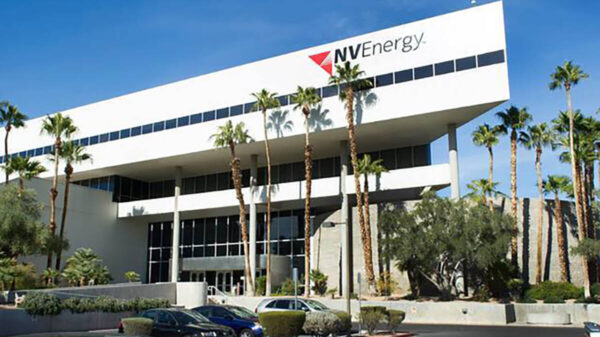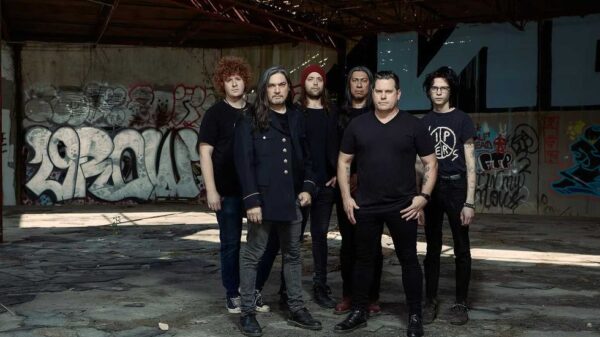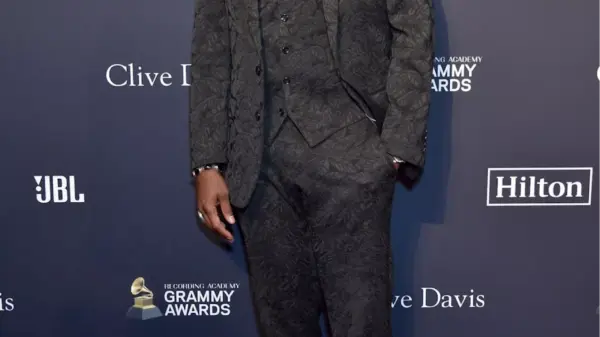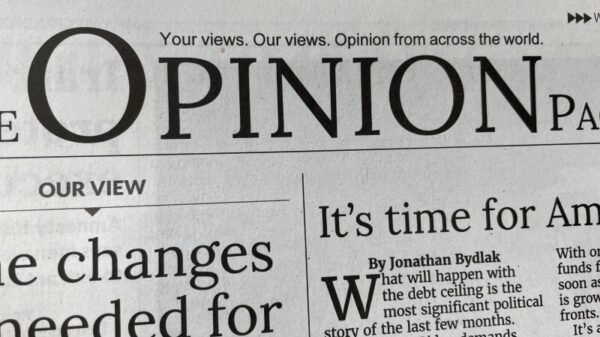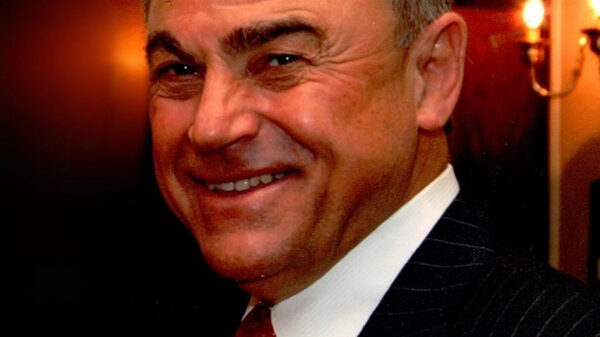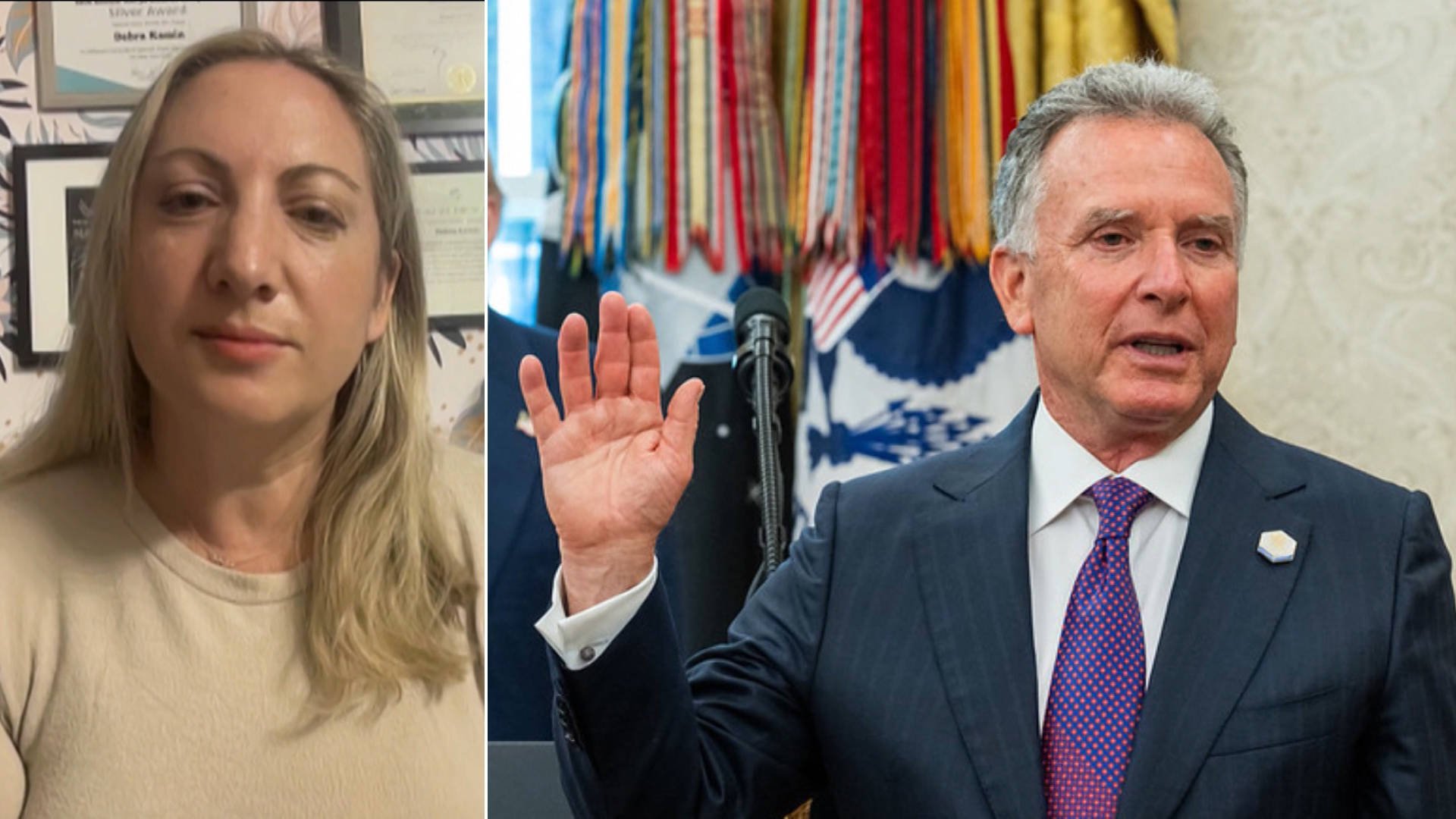As the conflict in Gaza continues, President Donald Trump has proposed a ceasefire aimed at bringing peace to the region. This proposal is being mediated by his Middle East envoy, Steve Witkoff. However, a recent investigation by the New York Times has revealed concerns about the blurred lines between Witkoff’s diplomatic role and his family’s business dealings.
The investigation highlights that when Witkoff was appointed as a diplomat, his son, Alex Witkoff, took over the family business, the Witkoff Group. Since then, the company has secured significant investments from Gulf Arab states. Notably, Steve Witkoff has not fully divested from the company, raising questions about potential conflicts of interest. According to reporter Debra Kamin, “There is no question that these relationships and these allegiances carry over between business and politics.”
The situation has been further complicated by the involvement of Jared Kushner, Trump’s son-in-law, who has his own financial ties to the region. During a recent press briefing, White House Press Secretary Karoline Leavitt defended Kushner’s involvement in the negotiations, asserting that “virtually everyone in the world is supportive of this plan.”
“As Steve Witkoff, President Trump’s envoy to the Middle East, conducted delicate cease-fire negotiations between Israel and Hamas this year, his son Alex was on another mission. He was quietly soliciting billions of dollars from some of the same governments whose representatives were involved in peace talks with his father.”
This dual role has sparked debate about the appropriateness of Witkoff’s position in light of his family’s ongoing business interests. Alex Witkoff stated during a real estate forum that their capital-raising efforts were based on a long-standing reputation in the industry, downplaying any potential conflicts. Yet, the timing of significant deals, such as the recent sale of the Park Lane Hotel to Qatari investors, has drawn scrutiny, particularly given Steve Witkoff’s close ties to Qatari officials.
Steve Witkoff’s relationships in the Gulf have been longstanding, and it has been reported that he remains a partial owner of the Witkoff Group after selling a portion of his stake for $120 million upon his appointment as envoy. While he claims to be in the process of divesting, he still retains significant influence over the company’s operations.
Beyond real estate, the Witkoff family is also involved in cryptocurrency. Alex’s brother, Zach Witkoff, operates World Liberty Financial, a crypto venture partnered with the Trump family. Reports indicate that this partnership has led to significant financial gains, further complicating the ethical landscape surrounding the Witkoffs.
Kamin emphasizes that the intertwining of business and politics within the Trump administration is unprecedented and warrants scrutiny. “What we are witnessing is a series of what we call sons profiting from their fathers,” she noted, pointing out that the relationships formed through these business ventures could impact American diplomatic negotiations.
Currently, there are indications that Steve Witkoff may step down from his envoy position by the end of the year. As this situation unfolds, the implications of his family’s business dealings on diplomatic efforts in the Middle East remain a pressing concern. The need for transparency and the potential for conflicts of interest are critical issues that demand careful attention from both the media and the public.
The investigation into Steve Witkoff and his family’s dealings reflects broader themes of ethics and governance that are increasingly relevant in today’s political climate. As officials work towards peace in the Middle East, the intersection of profit and politics serves as a reminder of the complexities inherent in modern diplomacy.

